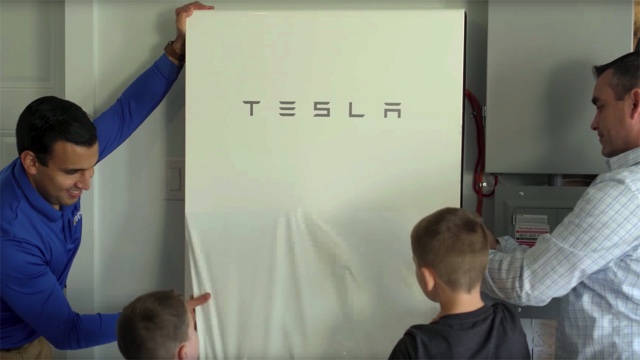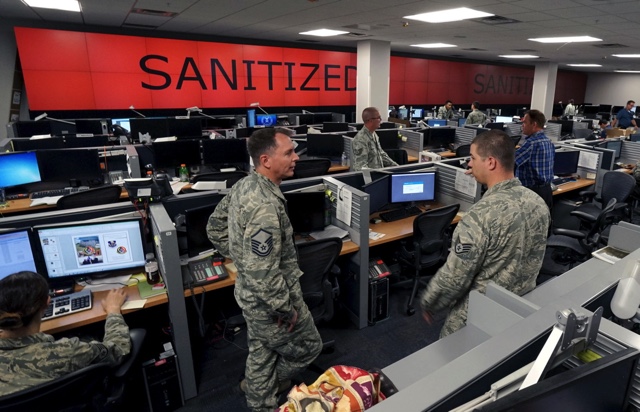The Morning After: Water purification could lead to more electric cars


Hey, good morning!
Welcome back! We hope you had a great weekend. We've been playing with some cool dinosaur toys (we're grown-ups, I promise), hearing about Tesla's next power grid experiment, and the end of free Wikipedia data for developing countries.
Tesla starts its latest smart-power-grid experiment in Canada
Tesla's experiments with smart-power grids are headed further north. Canada's Nova Scotia Power recently finished setting up a pilot project that will use a combination of Tesla's Powerwall 2 home batteries and utility-grade Powerpack batteries to create a more reliable wind-power system. The Elmsdale-based Intelligent Feeder Project fills gaps in the electrical grid by topping up the Powerpacks whenever a nearby wind-turbine system generates excess power and delivering that stored energy to local homes (including those with Powerwall 2 batteries) when there's an outage or the turbine system falls short.
Mattel's 'Jurassic World' dino-bots are surprisingly realistic
Mattel's last STEM robot was a DIY lady bug. Now, the toy company is aiming for something bigger with its new Jurassic World bots. You'll still have to put them together first, but what you end up with is a complex robo-dino with realistic movement. And, just like before, they'll also help kids bone up on their STEM chops. Sneaky hidden learning!
Wikipedia ends no-cost mobile access for developing countries
The Wikimedia Foundation launched Wikipedia Zero in 2012 with the hopes of democratizing information through a simple concept: Cellular carriers in developing countries would offer access to its crowdsourced knowledge without charging data fees. However, it appears to have run its course. The organization has discontinued Zero with plans to phase it out through 2018. Wikimedia has stopped forming new carrier partnerships and will let its existing alliances end over time. There has apparently been a "significant drop off" in involvement since 2016, Wikimedia said, and that participation is necessary to keep Zero alive.
Air Force security hackathon leads to record payout
The US Air Force's second security hackathon has paid dividends... both for the military and the people finding holes in its defenses. HackerOne has revealed the results of the Hack the Air Force 2.0 challenge from 2017, which led to the discovery of 106 vulnerabilities across roughly 300 of the USAF's public websites. Those discoveries proved costly, however. The Air Force paid out a total of $103,883, including $12,500 for one bug -- the most money any federal bounty program has paid to date.
Water purification could be the key to more electric cars
Humanity is going to need a lot of lithium batteries if electric cars are going to take over, but there's only so much lithium to be gleaned from conventional mines. So let's mine the ocean. Scientists have outlined a desalination technique that would use metal-organic frameworks (sponge-like structures with very high surface areas) with sub-nanometer pores to catch lithium ions while purifying ocean water. The approach mimics the tendency of cell membranes to selectively dehydrate and carry ions, leaving the lithium behind while producing water you can drink. Win, win? While the concept of extracting lithium certainly isn't new, this would be much more efficient and environmentally friendly.
But wait, there's more...
- Pros and cons: Our quick verdict on DJI's Mavic Air
- The best portable SSD
- Website follows journey of Elon Musk's Tesla Roadster through space
The Morning After is a new daily newsletter from Engadget designed to help you fight off FOMO. Who knows what you'll miss if you don't Subscribe.
Craving even more? Like us on Facebook or Follow us on Twitter.
Have a suggestion on how we can improve The Morning After? Send us a note.
via Engadget RSS Feed "http://ift.tt/2Gn81Zt"


Comments
Post a Comment